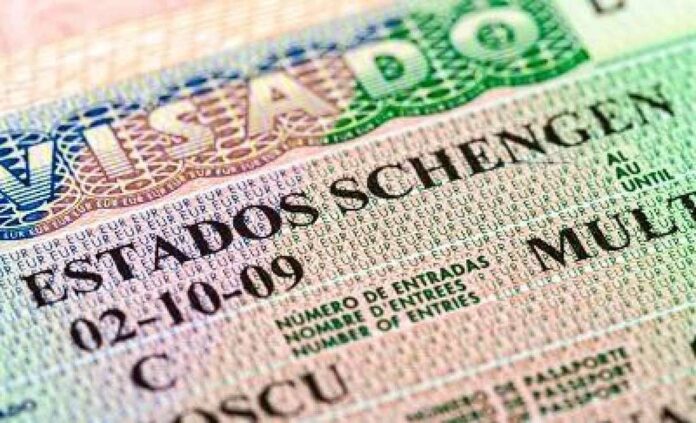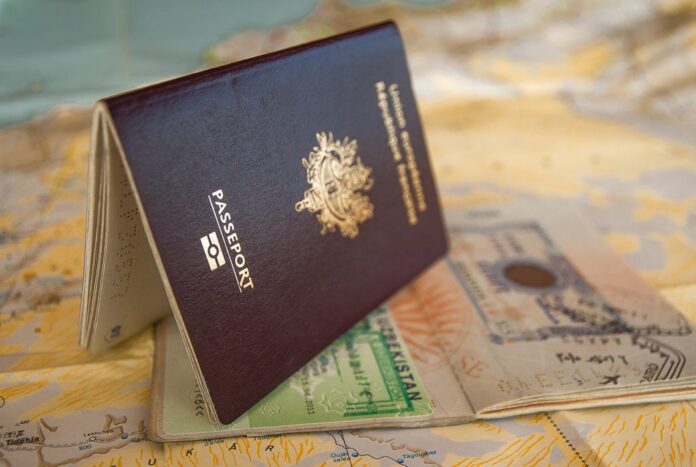The human urge to discover new places and visit far corners of the world that you have never before been to is quite natural. It drove the exploration of our planet in the olden times. In the modern world, traveling is what brings us together and what allows us to meat and experience each other’s culture, tradition, history, and language. There are so many wonderful places on the planet worth experiencing and the act of traveling has always been very popular. In the modern world, there are many things that prevent us from doing it as much as we would like to.
Sadly, governments and laws do not work in a way that allows people to move around as freely as they would like. For the most countries though, things are usually easier. The only thing an average tourist needs to worry about is the visa. The elusive document is sometimes very difficult to obtain both for pleasure and business travels. Not for Spain though, the country we are focusing on today. The process of obtaining a Spanish visa is among the easier ones to deal with.
In the following sections we discuss what it looks like exactly to apply for the Spanish visa and most importantly, how long it takes to get it. If you need or want to go to this beautiful Mediterranean country soon, this is key information without which your whole traveling experience will be harder. Therefore, keep reading and make sure to check out https://myspainvisa.com/ for additional information.
Entry Requirements

All persons who are entering the country of Spain need to have a personal document to show the border police. Nationality of the tourist dictates the type of document they need to bring. Other European Union states only need a valid ID card or a passport. Non EU travelers have to show the officials several other documents when they arrive at the point of entry either by land, sea, or air.
The first document is a passport and/or another travel document that is valid at least three months after your Spain exit date, as well as the one issued at least 10 days prior to your arrival. The visa is the next document you will need. Every traveler also needs proof of accommodation that confirms where they will be staying for the entire duration of their trip. A return ticket as proof of the plan to return from Spain is needed, or an onward ticket for those passing through Spain. Those not traveling for work may also have to show a document that proves the purpose of their entry.
Who Needs the Visa?

So who needs the visa to cross the border? Other European countries that a part of the European Union do not, but that does not mean that literally everyone else requires it. Spain also belongs to the Schengen zone, so it applies all of the Schengen visa rules for short-stay travelers. This is probably the type of trip you will need for your holiday. If your country does not have a visa liberalization agreement with the Schengen states, you will need a visa. Most African, Asian, and Central American countries do not have an agreement with Spain, so their citizens require a visa. Russia and Turkey are the only countries in Europe left that need the visa.
Different Types
There are quite a few different types of Spanish visas to get. Those who want to have a holiday in Spain and travel as tourists will probably want the Tourist Visa. Those visiting friends and/or family need to apply for the Visitor Visa. Business Visa is for the people who need to perform some business activities in the country, while the Medical Visa exists for travelers seeking medical help in Spain. There is also a Study Visa issued for educational purposes and exchange programs that can last up to three months. Spain is popular for its culture and sports and many want to visit in order to attend or participate in something. For this reason, the Visa for Cultural, Sports, and Film Crews exists.
Where and How to Do It

Applications for the visa are simple and easy. You can do it at a Spanish Embassy in your country, a Spanish consulate, or a Visa Application center. Prior to your application, you need to decide what type of visa you need. Think about where the most convenient place for you to apply is, and complete the application form there. Complete the necessary documents and appoint the interview. Finally, attend the interview. Answer the questions truthfully and cooperate with the officials. There should be no problems if you have never had any legal issues or mishaps while traveling to Spain before, or elsewhere.
The Length
We could not answer the titular question immediately because the process comes in steps. There were other things to know before this, particularly because the whole process is not that long. The processing time for a single short-stay Spanish is usually around 15 working days. Therefore, you are looking at somewhere around three weeks on average for it ready. In some situations, it may take as much as 30 days or as long as 60. Submitting everything as quickly as possible and as early as possible before your trip is always advised. Just make sure not to do it three months before you leave.
Cost

Last but not least, here is some information about the prices of Spanish visas. This is something that people often forget about. The short-stay visas are similar in prices to all others. Adult travelers will need to pay 80 euros for theirs. Children aged 6 to 12 pay 40 euros, while children under the age of 6 can enter Spain for free and do not need to pay anything. Citizens of certain countries may have some benefits and discounts. Lastly, the purpose of your travel arrangement as well as other factors may result in free visas or other fees. Again, it all comes down to where you are coming from and what category your country belongs to.









